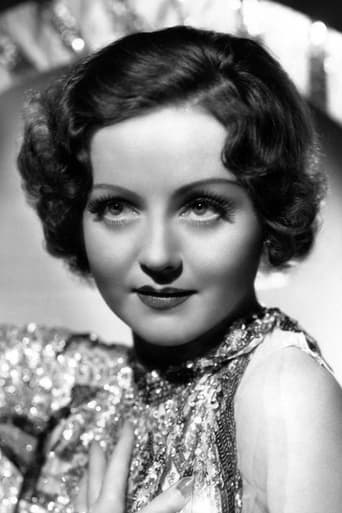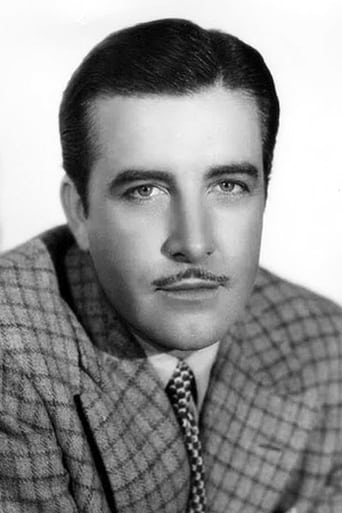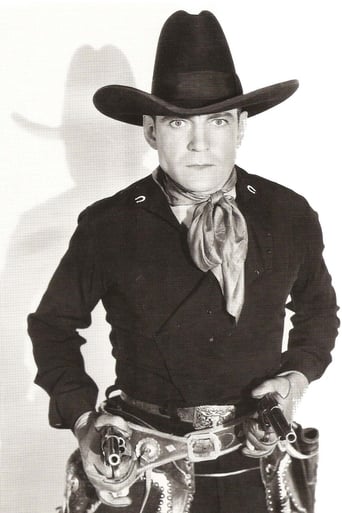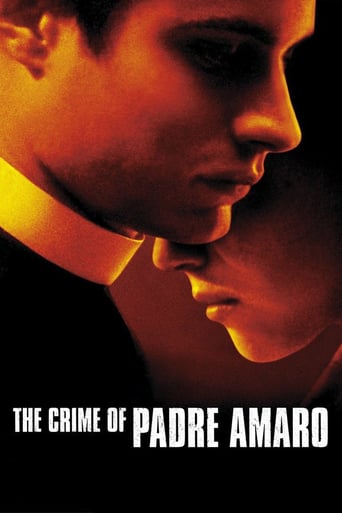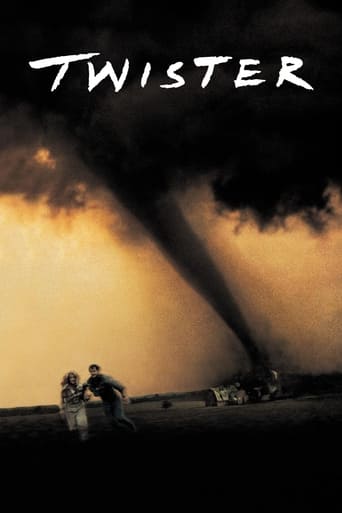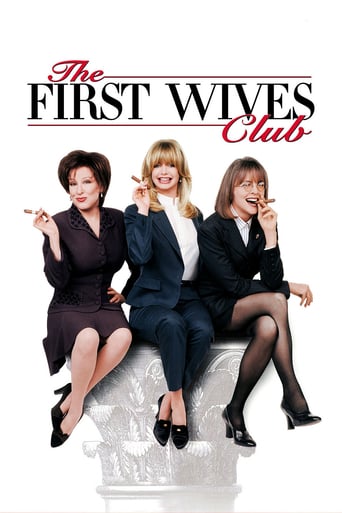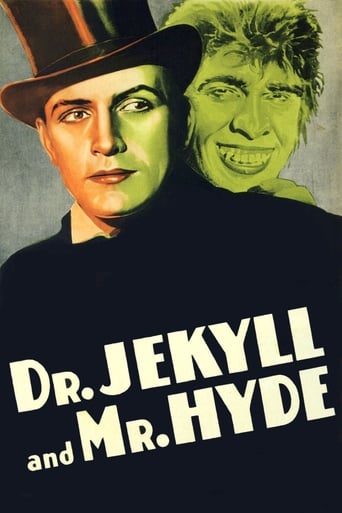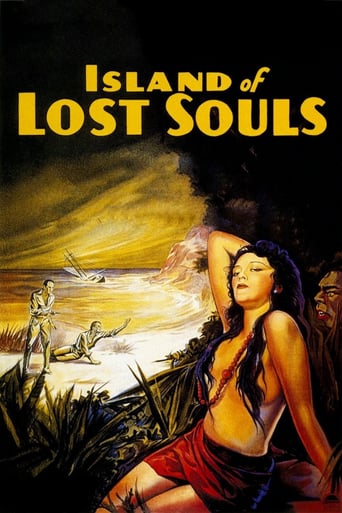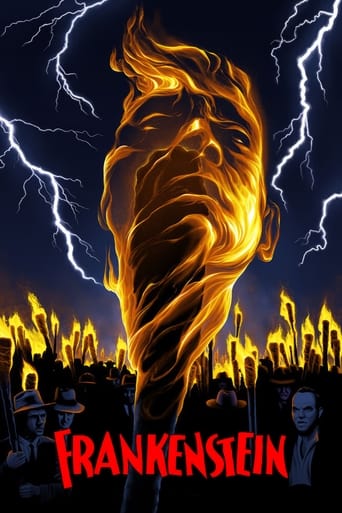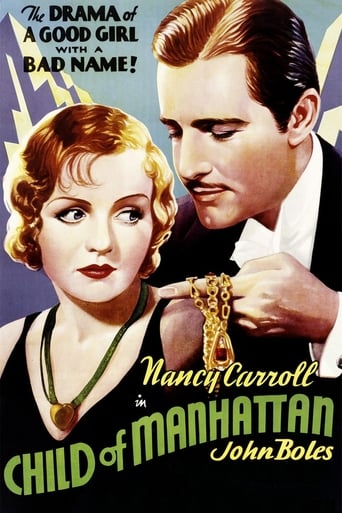
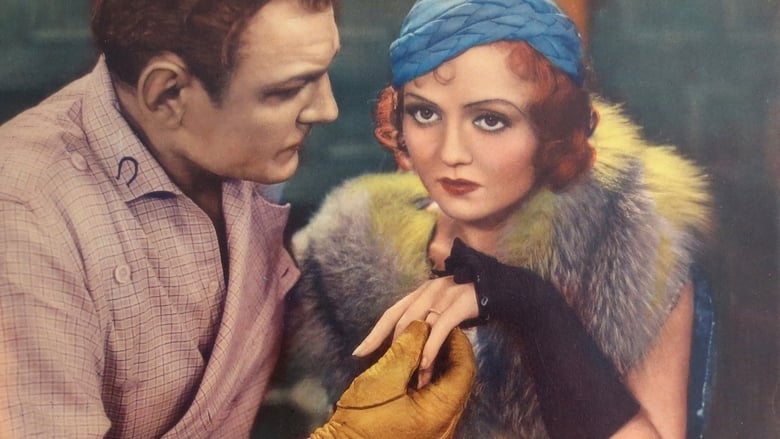
Child of Manhattan (1933)
Paul Vanderkill is extraordinarily wealthy because his grandfather happened to buy farmland in what was to become Midtown Manhattan. The Loveland Dance Hall is one of the tenants of the Vanderkill estates. To reassure his aunt Sophie, Vanderkill visits Loveland to determine whether it is as disreputable as Sophie suspects. There he meets a dime-a-dance girl, Madeleine MacGonagal, who charms him with her quaint proletarian accent. They begin a secret affair, which turns into a secret marriage when pregnancy ensues. When the baby fails to survive, Madeleine decides that since he had married her only for the baby's sake, she should make haste to Mexico to secure a divorce. There she meets Panama Canal Kelly, a former suitor who now owns a silver mine. Her plans for divorce and quick remarriage are complicated when Vanderkill arrives to confront her.
Watch Trailer
Cast
Similar titles

Reviews
Touches You
A lot of fun.
Although it has its amusing moments, in eneral the plot does not convince.
This movie tries so hard to be funny, yet it falls flat every time. Just another example of recycled ideas repackaged with women in an attempt to appeal to a certain audience.
Don't let the wedlock baby fool you. This is a version of the fairy-tale Cinderella story popular with Depression era audiences of the time. It comforts folks with the idea that rags- to-riches lightning may strike them if they just get noticed by a benevolent rich person, in this case John Boles with the rather double-edge name of "Vanderkill". What's suggested is that rescue from desperate economic conditions lies with joining established wealth instead of joining with other desperate folks to improve the common economic condition. I don't know how the screenplay compares with Sturges' stage play, but what's there on the screen looks processed in typical Hollywood fashion.I realize this kind of perspective is unwelcome to most viewers who simply want to be entertained in engaging fashion. Certainly Nancy Caroll does that with a winning performance as the down-trodden girl. Her sheer spunk in the early scenes carries the movie, at the same time I couldn't help thinking how much her big eyes, high cheek bones and flattened hair-do resemble the popular Betty Boop character of the time. Too bad the rest of the cast doesn't come up to her level, especially Buck Jones' Panama Kelly whose unbelievably gallant nature helps produce the fairy tale outcome. Note also, how actual Depression era conditions are not allowed to intrude on the enclosed world of the lovers. To be fair, that may simply have resulted from a tight budget. But if so, the constraints help produce what appears to be the desired overall effect.Whatever the movie's internal qualities, the relevance of the underlying message to that historical period needs to be pointed out. Because no matter how much we may wish otherwise, history has a nasty habit of repeating itself.
This is an old fashioned Pre-Code film--the sort of movie that managed both to offend many in its day due to the sometimes racy subject matter yet also followed a very old and predictable formula. While all this makes it sound as if I didn't like the film, this certainly is not the case. It's just that many modern viewers may both be surprised at the candor of the film when it comes to topics like illegitimate births as well as how predictable and melodramatic it all became. This is true to the style of the day and for its time, this was a pretty good movie.A rich guy (John Boles) visits a dance hall at the request of his stuffy aunt. The family owns the property and wants the tenants thrown out because the place is evil. She thinks this might be a "den of iniquity" and Boles good naturedly agrees to check it out--though it's obvious he's just humoring her. Once there, he sees it's just a normal dance hall--no "hoochie koochie" girls or strippers. However, he is also surprised to find that he's very smitten with one of the ladies who works there. They begin dating and it's obvious they care about each other. However, in a scene that is mostly alluded to, he and the girl (Nancy Carroll) apparently have sex and she becomes pregnant (either that, or it's another virgin birth--it is a tad sketchy). They marry but she can't help but think that Boles only married her out of obligation. When the baby dies shortly after birth, Carroll imagines that it's for the best and runs off to Mexico to divorce Boles. She thinks she's not good enough for him and he'd be much happier in the long run with a rich society dame--especially since no one seems to know about their marriage.Where the film goes from there isn't all that surprising, but I'd rather not spoil it. Despite some predictability, I still liked the film and this style film was common in the day it was made--so it shouldn't be penalized for this. A good script, good acting and deft direction make this a very nice time-passer and is worth a look.
As other reviewers stated, this Columbia pre-code has some of Preston Sturges characteristic touches. But I especially enjoyed the dance hall matron and mentor "Aunt" Minnie, who is a salty, bawdy Jewish tough girl who curses in Yiddish,"mamzer"- bastard and steals every scene. The movie has its dull spots due probably to the unheralded director. It also suffers from Columbia's cheap budget. Although it does give us little luxe in one of the funniest scenes in an expensive dress shop . The owner/salesman makes no secret of his gay orientation as he says as he squeezes Nancy Carrols body,"Don't think of me as a man, think of me as an artiste!"Nancy figures it out and minces, "Okay Dear!"Nancy Carrol is pretty good in the leading role but the male actors are dull as dishwater. There are some interesting sociological/historical bits worth noting. A lot is made of Nancy's low class Brooklyn accent(she says apperntment and Greenpernt instead of appointment and Greenpoint). Archie Bunker spoke similarly. That pronunciation has practically vanished from New York of today. New Yorkers still have distinctive accents but some of the distinctions have disappeared over the years.Also worth noting is the sexual attitudes. Nancy works in a dance hall but it is made clear that she is not a prostitute and she is told by her mother to try to refuse money if it offered to her. Her lazy brother calls her a tramp as soon as she moves in with her lover, without being married and she is soon punished with a dead baby for her sins. The sexual revolution of the 1960's changed attitudes and behaviors. But this movie is worth seeing for 1930's peak into the sexual attitudes of the day.
CHILD OF MANHATTAN is a Columbia Studios precode starring Nancy Carroll and John Boles. When millionaire Boles' aunt Clara Blandick is horrified to learn one of the family properties is being leased to "a dance hall with naked girls" Boles promises to check the establishment out. There he discovers it's a low-class "dime a dance" hall but is immediately smitten with one of the girls employed there, earthy but sweet Carroll. Boles is charmed by her lack of pretensions and touched by her concern for him when she thinks he is unemployed. Nancy Carroll eventually learns Boles is "the" Paul Vanderkill, one of New York's richest men. They fall genuinely in love but nevertheless in a man and mistress relationship, in part because of Boles' concern for his (never seen) teen-aged daughter (presumably much as he admires Carroll, she is not the kind of woman he wants his young daughter to emulate). Carroll eventually finds herself expecting which leads to a secret marriage and, ultimately, tragedy. In true Hollywood tragedy fashion, there is a happy ending.CHILD OF MANHATTAN is a fast-moving low-key melodrama based on a play by the then unknown Preston Sturges (who surely is the source for the many delightful and at times quite racy comic quips that occasionally dot the screenplay). Nancy Carroll, still quite young but already with her major career behind her as a Paramount star and one of the biggest draws in the first years of "talkies", is quite good as the somewhat incredible bimbo with a heart of gold. John Boles is as dashing and romantic as always, his sideburns tinted white to suggest a man of middle-age (in his first scene he wears a quite contemporary haircut with thick hair at the top and very thin along the bottom) yet his character too is a bit unbelievable (although he projects a romantic charisma that could probably lead just about anyone down the primrose path). Cowboy star Buck Jones makes a rare appearance in a non-western as one of Carroll's less successful suitors and there are excellent cameos by character actresses Clara Blandick as Boles' aunt, Jane Darwell as Carroll's Irish mother, and most especially Jessie Ralph as the ladies room attendant at the dance hall who is a surrogate aunt to Carroll. Luis Alberni is fun as Carroll's Mexican divorce lawyer who is always murmuring my review title when meeting new people. 15-year-old Betty Grable has a bit (surprisingly billed) as Carroll's young sister in one brief scene. CHILD OF MANHATTAN is no classic but worth the 69 minutes if you are intrigued by precodes.
